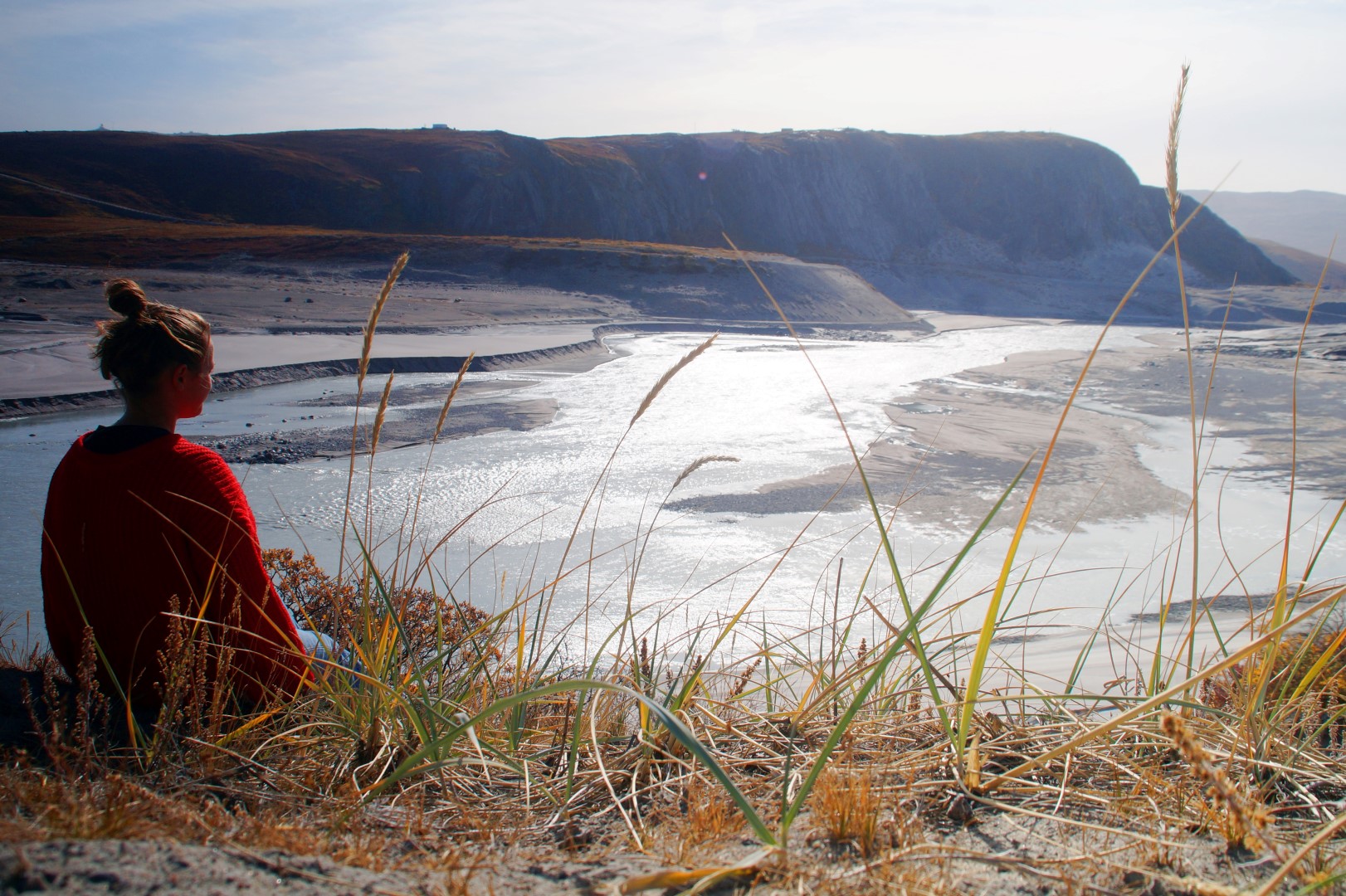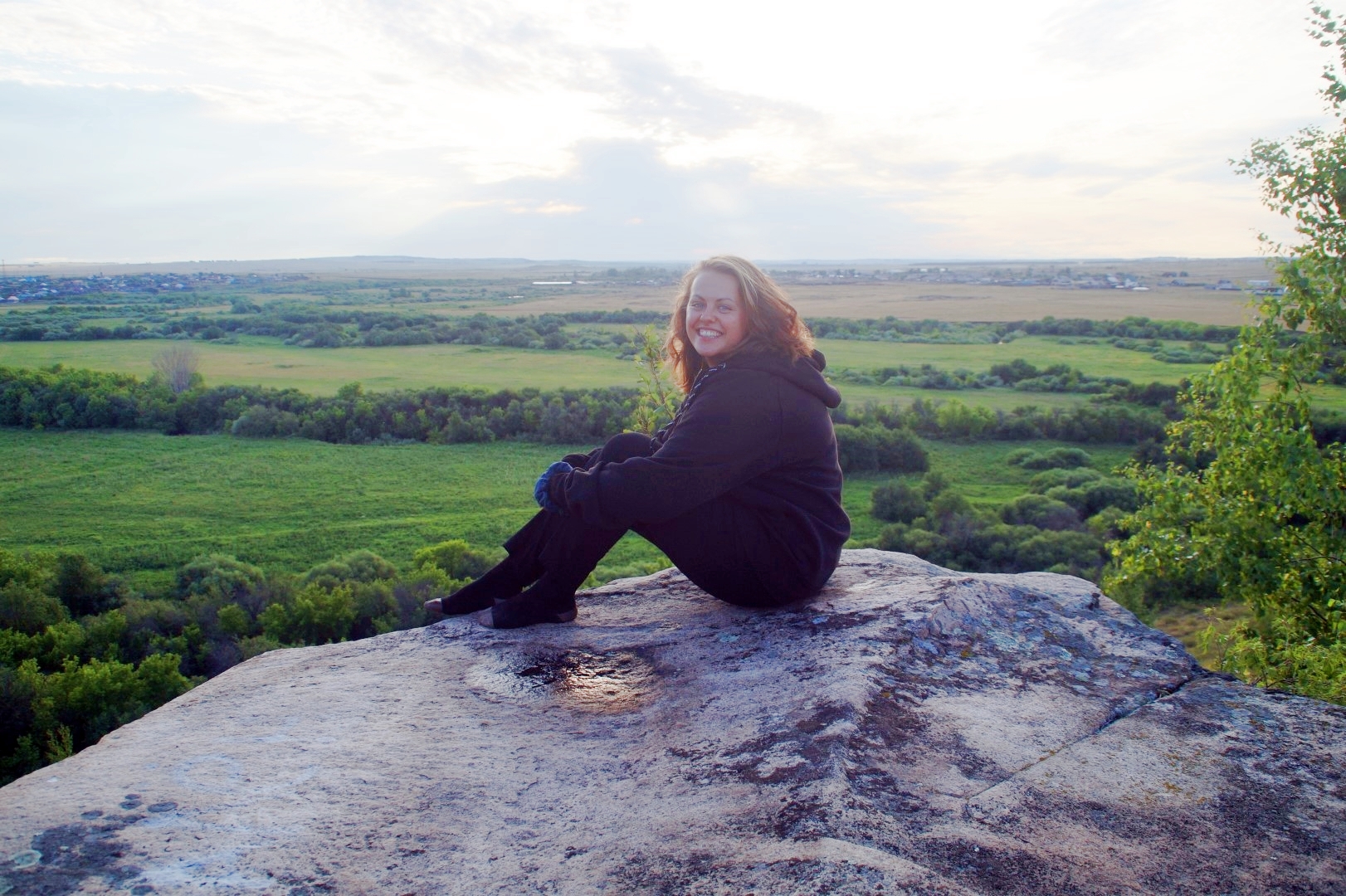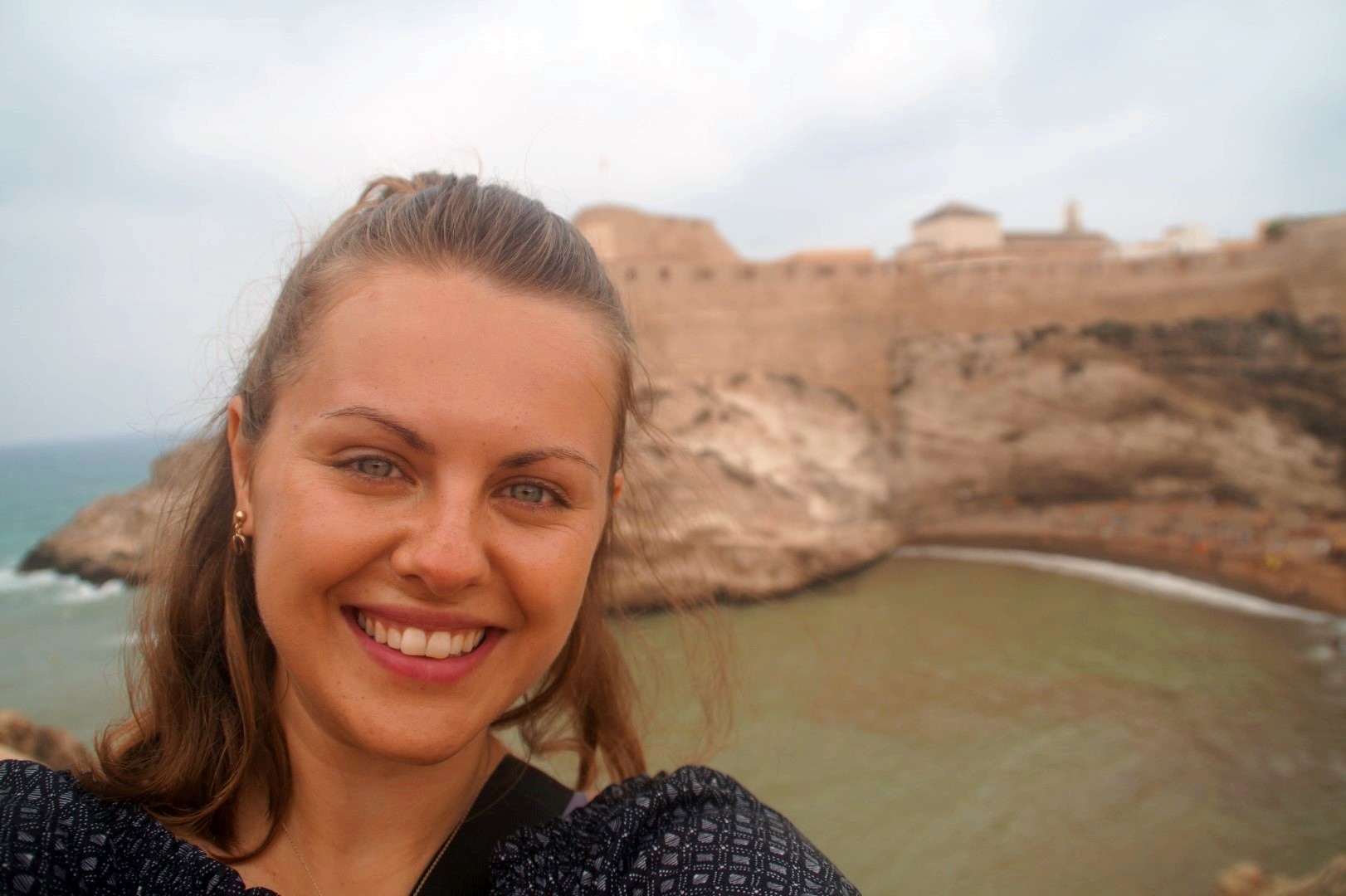Today is my first veganniversary. On September 1st 2018, I finally decided to go vegan. For the animals, for the planet, for humanity and for my own sanity. Since becoming vegetarian on September 1st 2015 (yep, nice to have the same anniversary!), I had been considering taking the next step to becoming vegan, but I was just never ready to put in the effort. I feel terrible writing this now, especially considering how easy the transition was for me. I could’ve done it way earlier, but like everything in life, it takes determination and motivation to make a change.
Apart from being my veggieversary, September 1st 2018 was also the day that I moved temporarily to Greenland. To me, it sounded like the perfect timing as I like a challenge. A tough start to a vegan lifestyle, you may think – and I did think, but I couldn’t have been more wrong. Being vegan in Nuuk was significantly easier than I’d ever imagined.

After leaving Nuuk in February, I have been travelling almost non-stop with some time in Denmark in between. Denmark is also great for veganism and it’s growing constantly with new brands and products!
I have met many vegans and vegetarians who eat meat while travelling as they find it too difficult to keep up their diet, but for me, veganism on the road was much easer than feared. During the first few months after Greenland, I visited Iceland, Scotland and Ukraine and all of these were easy as a vegan – Kyiv especially surprised me with its amount of vegan foods in the supermarkets and in some cafés and restaurants.
In April and May, I spent six weeks in the Faroe Islands, and this was (not surprisingly) a tougher place to be vegan than Denmark, but still easier than you might imagine for an isolated North Atlantic archipelago. The supermarkets stock quite a few vegan products, but nowhere near the amount that Nuuk and Denmark does.
In Late May, I travelled to the rural village of Stepnoye on the Russian forest steppe for a five-week archaeological excavation, and there I really expected to have a hard time. I had even packed tons of vegan food so I wouldn’t starve for at least the first week. But to my great surprise, the first supermarket we visited in Chelyabinsk (a city located three hours drive from Stepnoye) had loads of vegan foods, so I was able to stock up even more! Stepnoye, of course, was a different story and finding vegan food in the small supermarket was near impossible, but it wasn’t a huge issue as we ate at the local café twice a day every day. I learned three essential Russian words while I was there; гречка (buckwheat), макароны (pasta) and овощи (vegetables). Because that was literally all I ate for five weeks straight – but I didn’t get tired of it once, probably because I was just so thrilled that I could actually eat something!
After Russia, I travelled around Southern Europe for a month, going through Italy, San Marino, Monaco, France, Spain, Melilla, Gibraltar, Ceuta and Portugal. Most of these countries were fine to travel as a vegan, but Spain was surprisingly difficult! Probably the most difficult country I’ve been to so far in terms of veganism! They have plenty of vegetarian food, but veganism is apparently not a big thing there (even in the big cities!), so I survived on bread and hummus for two weeks.
In general though, I’ve been pleasantly surprised by the countries I’ve travelled to. Veganism does not have to be tough. Yes, there may be a few frustrating moments where you can’t find any food, but I choose to stick those moments out. After all, animals are more important to me than eating. And for the majority of the time, I had no issue finding food.

Going vegan immediately made me more conscious about many other aspects of consumerism. I slowed down shopping for clothes, especially fast fashion because of the ethical issues involved in the industry. I started thinking about my personal carbon footprint and I’m working on flying less and consuming less. I became wiser on the impact our individual diet has, and how we can eat as sustainable as possible. While veganism is a big part of it, eating a sustainable diet doesn’t stop there. It’s equally important to eat according to the seasons, to purchase local produce rather than imported stuff and to avoid plastic packaging as much as humanly possible. Of course, eating locally produced food as a vegan in Greenland and the Faroe Islands is near impossible, but once I got home and started travelling elsewhere, I was able to make more conscious choices.
Being vegan also taught me how polarizing the subject of veganism can be. I’ve gotten into many heated discussions on this subject – and one guy I met in Russia even said to me that he could feel that I feel superior to others because I’m vegan. Of course, he was not correct. I do not feel superior in any way. I have simply made a choice for my life that involves no one else than me, and I don’t think it’s fair to judge me based on that – just like it’s not fair for me to judge other people based on what they eat.
Usually the heated discussions are based on people’s feelings and them not wanting others to tell them what to eat. But a fact is that I have never and will never tell anybody what to eat. In fact, I even buy non-vegan treats or foods for friends and family once in a while. It doesn’t feel great to contribute to the industries by doing this, but it’s my way of showing them that I am not extremist about my vegan views, and that I respect their choice of diet.
What that guy in Russia said to me hit hard, and it made me realize that I need to be more careful when talking about veganism. Some people aren’t ready to make the change and some don’t want to make the change, and that’s okay. We are all different, and I will always respect another person’s choice of diet, regardless of how much I disagree with it personally.

Living in Greenland also made me realize that many cultures around the world aren’t ready for veganism. Although I don’t believe that tradition is a valid argument for supporting a cruel industry (slavery was also a tradition once), the Greenlanders that I talked to did have a point. I was a guest in their beautiful country, and therefore I should not impose my views on them. And then there’s the sustainability issue – veganism simply isn’t a sustainable diet in Greenland, whereas eating hunted meat is. That’s definitely something to think about.
During this year, I also realized my huge privilege. I was born and raised in Denmark, a wealthy and safe country, so making the choice to go vegan was easy for me. It is not like that for most people on this planet. In some countries, vegetables and fruits are much more expensive than meat and dairy, so some people simply can’t afford to eat only vegan foods. I have to consider myself lucky for being able to be vegan. Although I do wish that everyone was vegan, and I do believe that the world will be vegan one day (or at least eat only lab-grown meat), I have realized that most of the world’s population is not ready for this transition yet, and therefore it is wrong for me or any other vegan to enforce it on people. We can encourage, but without making people feel bad about their choice of diet.
To be vegan is a huge privilege, one that I’m thankful to have as it’s my way of contributing to a healthier and happier planet, for all humans and animals. But my way is not the only way – and your way is a personal choice that I promise to respect and accept.

“But now coming to man, we see he hath neither hooked teeth nor sharp nails or claws, nor teeth like iron sickles. From this it becometh evident and manifest that the food of man is cereals and fruit. Some of the teeth of man are like millstones to grind the grain, and some sharp to cut the fruit. Therefore he is not in need of meat, nor is he obliged to eat it. Even without eating meat he would live with the utmost vigour and energy. For example, the community of the Brahmins in India do not eat meat; notwithstanding this they are not inferior to other nations in strength, power, vigour, outward senses or intellectual virtues. Truly, the killing of animals and the eating of their meat is somewhat contrary to pity and compassion, and if one can content oneself with cereals, fruit, oil and nuts, such as pistachios, almonds and so on, it would undoubtedly be better and more pleasing.” – `Abdu’l-Bahá
“The time will come when meat will no longer be eaten. Medical science is only in its infancy, yet it has shown that our natural diet is that which grows out of the ground. The people will gradually develop up to the condition of this natural food. When mankind is more fully developed, the eating of meat will gradually cease.” – `Abdu’l-Bahá

Leave a Comment